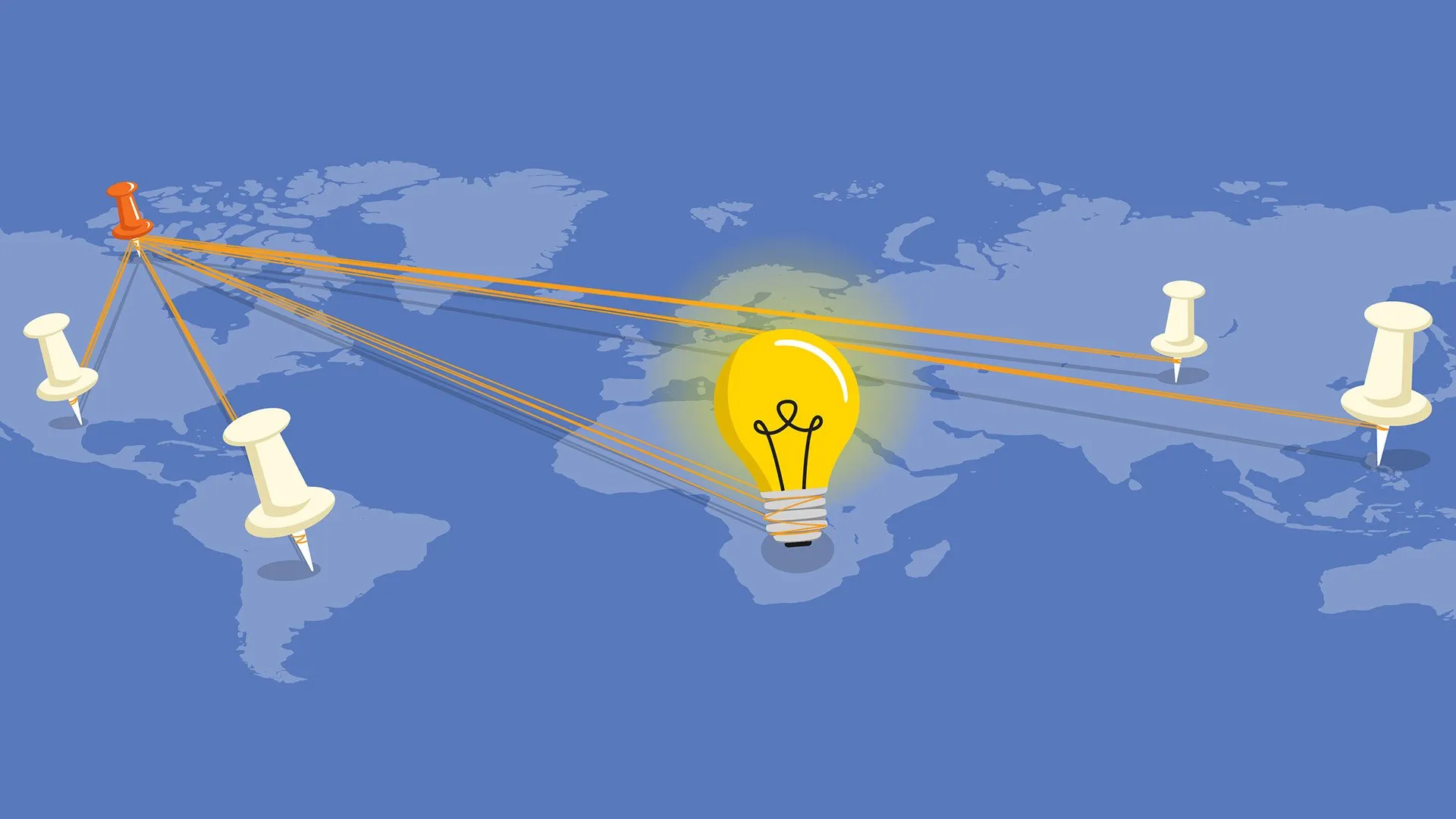Over the last couple of decades, there has been a global shift towards inclusivity and equity, not just within companies, but also in the way companies conducted their day-to-day operations. This idealistic reform has swept through commercial sectors, from the agricultural to the hospitality industries, though many are still reluctant to embrace change. The fruits have started to show, which begs the question: where to from here?
The outsourcing journey
Business Process Outsourcing (BPO) in general has become the most valued contributor to a holistic way of doing business. Before the turn of the century, however, the idea of outsourcing specific services or components within a company to other professionals outside of that company, was still frowned upon. The early fears of outsourcing included, and was not limited to, the potential loss of skill sets, control, flexibility and clients. Since then, thousands of companies have yielded to the overarching benefits of engaging skilled individuals or agencies to perform the tasks that they were simply unable to do.
Statistics from studies, such as the more recent one conducted by Deloitte, explained that companies like Apple, Slack, Skype, and many others, properly researched the benefits to outsourcing before deciding to do so. The more pertinent contributing factors were the ability to reduce costs, solving capacity issues, or the ability to dip into a talent pool previously beyond their immediate reach. As a result, these companies could focus on the elements that made them better than their competitors. By focusing on their attributes or skill sets and refining their strong points, they were able to increase productivity and sales, thereby pushing their status from good to great.
The introduction of technology further catalyzed this transitional phase. Where traditional businesses were confronted with the reality of using outdated systems and processes, outsourcing offered an alternative solution that prevented the additional expenditure accompanying the conversion to new industry regulations and technological advancements, while doing what they have always been doing.
Think, for instance, about third-generation factories or farms that became the mainstay of small towns. Not only did they feed and house numerous employees and their families, but an entire community revolved around the company. They became stakeholders in its success. It was believed that speed-to-market strategies of modern, more technologically savvy businesses, would cripple family-owned or town-run businesses that have been slow to change.
The Fourth Industrial Revolution (4IR) beckoned – and many businesses bucked. The Internet of Things (IoT), artificial intelligence (AI), robotics, advanced computing and social media arrived like a freight train and derailed those unwilling to adapt, expediting the transformation phase.
Outsourcing, contrary to what everyone thought, was the lifeline needed to buffer the blow brought on by 4IR. Through outsourcing, production time and costs could be trimmed, output improved, underused resources utilized, and services or products exported to navigable extremes previously thought to be beyond the scope of conventional business distribution channels. They were able to gain access to audiences or customers in unexplored jurisdictions – something they couldn’t have done before. It was the lifeline to mom-and-pop businesses who were on the verge of handing over the reins to the next generation.
The focus on impact
The outsourcing process brought efficiency and simplification of business practices, then spilled over into other sectors of the modern workplace, which facilitated a renewed focus on impact. Now that they no longer had to hunt the bottom line, companies were able to consider where their enterprises slotted into the bigger picture.
So, what exactly is meant by a focus on impact? In a nutshell, it refers to the impact every facet of work has on the next facet of work, and the further impact outside of work unto the immediate surroundings, and further still, the impact on the greater community, and subsequently, the entire world.
The expanded approach of an impact focus merged with environment friendly and sustainability initiatives, such as the race towards emission-free mobility through renewable energy and deforestation awareness campaigns.
On a social level, efforts towards fair inclusion and equitability were embraced as a welcoming shift toward workplace equality. By outsourcing non-primary functions, it created a freedom of movement for companies, particularly with regards to human resources, to explore a collaborative creative sphere wherein employee morale improved exponentially. Companies were finally able to upskill and invest in their employees within an unbiased working environment.
Where there is a strong temptation for companies to reduce costs by outsourcing to countries that desperately need these jobs, being impact-focused means actively choosing to pay their outsourced team members a just and living wage. In other words, you will be working with people-centric companies that care for their teams because the “cost” of doing the right thing is worth it in the long run.
The future of outsourcing
What has clearly taken shape is a commercial ecosystem where companies have encountered the positive knock-on effect of the unexpected rewards of outsourcing, such as job creation and upskilling. Company mission statements and methodologies have already been amended to incorporate a more holistic view towards business cultures. But this is not the end.
The outsourcing industry has proved that businesses, much like communities, have become interdependent, which makes each business a vital part of an ever-evolving entity. By partnering with a BPO that celebrates community involvement in charities, through donations or outreach services, it will have a positive impact on the entire entity, not just the business in question.
Outsourcing has launched a mindset change that will last for years to come, simply because it enables businesses to plow back into their communities. Failure to conform to this new norm, could exclude certain brands from enjoying their share of the benefits of outsourcing, much like the exclusion of coffee suppliers who are not Fair Trade registered, or products that do not adhere to environment-friendly specifications.
The United Nations has stated that it is desirable for businesses to incorporate the 10 principles of the UN Global Compact to their current processes. This can be achieved by becoming a B Corp certified company, which is a rigorous certification process that legally requires companies to operate in a more ethical manner.
To date, outsourcing has created a wealth of opportunities, which can further be expounded upon should each company realize the potential return of investing into the local communities. At Boldr we lead with an impact-driven philosophy because we have experienced the benefits of doing so first-hand. If you want to know how ethical outsourcing can improve your bottom line while contributing to or uplifting your local community, then reach out to us.
James Fouche is a Content Writer at Boldr, an author and a columnist. He is passionate about sharing his love of reading and writing with others.


